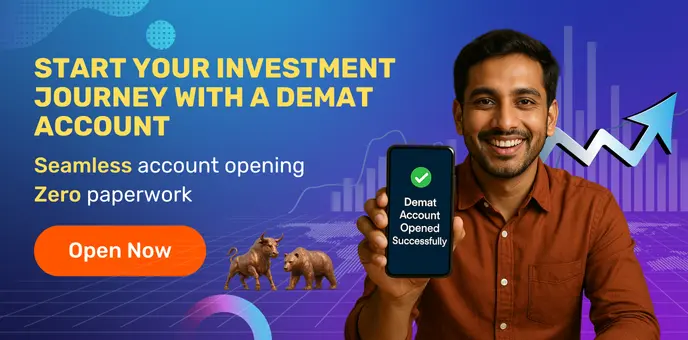Private equity involves investments made directly into private companies or public companies that are later delisted. These investments often support business expansion, product development, restructuring, or acquisitions. Unlike public market investments, PE investments are long-term, illiquid, and typically involve active engagement by investors.
Evolution of Private Equity in India
India’s PE market began to gain traction in the early 2000s, initially driven by venture capital and foreign institutional interest. The liberalisation of India's economy, coupled with regulatory reforms, paved the way for private capital to enter various sectors. Over the years, the market has evolved to include late-stage investments, buyouts, and infrastructure funding.
Key milestones include:
Increase in sector-specific investments, particularly in fintech, healthcare, and renewable energy



.jpeg)












